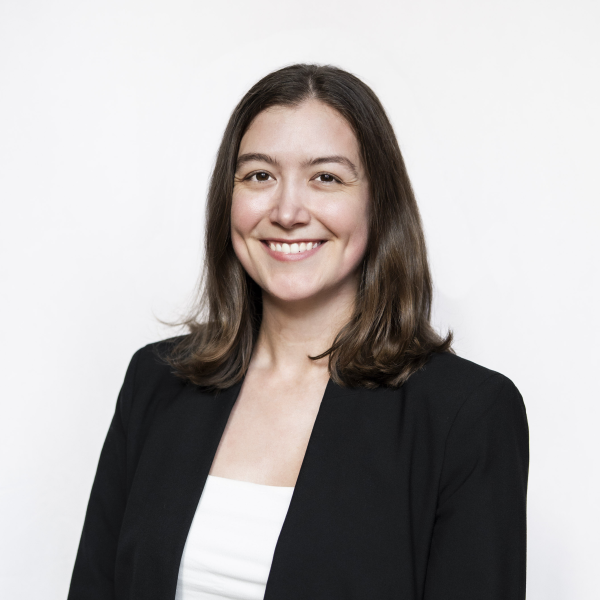About the SSMV
- Program Overview
- SSMV Faculty & Staff
- Current Students
- Prospective Students
- Get Involved
- SSMV Calendar
- Donate
- Contact the SSMV
Return to
On Teaching
I love the process of teaching and working to make learning interesting and fun for my students. In fact, my interest in teaching shapes a large portion of my research, where I aim to study how people teach and communicate ideas to one another. During graduate school, I taught undergraduate courses at New York University and designed and taught summer high school programs at Columbia University. Based on both my research and personal experience, I believe students learn best when they are given agency and initiative over their own learning. However, I also believe that it is the responsibility of teachers to work hard to prepare lessons that inspire students to provide that active engagement. In college, I was often disappointed by professors that would lecture from a textbook and expect the knowledge to magically materialize in their students’ minds. I believe that teachers and students both need to put in effort to achieve learning goals and make classroom experiences memorable, productive, and fun.
On Research
I am a cognitive scientist interested in how humans and machines work together to learn, teach, and help each other. An important part of my research is building and understanding artificial intelligence (AI) and machine learning models, with a goal of identifying what makes humans unique from machines. My dissertation work focused on applying computational models to human learning, decision making, and social interaction. In my research, I design online games to study how people engage with a carefully designed environment. I compare how humans and AI agents plan and act, using the differences to understand human cognition through a computational lens. I’m also interested in machine teaching algorithms and how to optimize the process of learning through intelligent systems and serious games.
Publications
- Osborn Popp, P. J., Newell, B., Bartels, D., & Gureckis, T. M. (2025). Can cognitive discovery be incentivized with money? Journal of Experimental Psychology: General,154(4), 1025–1037. https://doi.org/10.1037/xge0001682
- Osborn Popp, P. J. & Gureckis, T. M. (2024). Moment-to-moment decisions of when and how to help another person. Proceedings of the Annual Meeting of the Cognitive Science Society, 46.
- Osborn Popp, P. J. & Gureckis, T. M. (2023). Helping and reciprocating in a sequential decision making task. Proceedings of the Conference on Cognitive Computational Neuroscience. DOI: 10.32470/CCN.2023.1677-0
- Osborn Popp, P. J., Newell, B., Bartels, D., & Gureckis, T. M. (2022). Rule discovery performance unchanged by incentives. Proceedings of the Annual Meeting of the Cognitive Science Society, 44.
- Osborn Popp, P. J. & Gureckis, T. M. (2020). Ask or Tell: Balancing questions and instructions in intuitive teaching. Proceedings of the Annual Meeting of the Cognitive Science Society, 42.
- Rich, A., Osborn Popp, P. J., Halpern, D., Rothe, A., & Gureckis, T. (2018). Modeling Second Language Learning from a Psychological Perspective. Proceedings of the Thirteenth Workshop on Innovative Use of NLP for Building Educational Applications. https://doi.org/10.18653/v1/W18-0526
- Halpern, D., Tubridy, S., Wang, H., Gasser, C., Osborn Popp, P. J., Davachi, L. & Gureckis, T. (2018). Knowledge Tracing Using the Brain. Educational Data Mining.
- Rankin, J., Osborn Popp, P. J., & Rinzel, J. (2017). Stimulus Pauses and Perturbations Differentially Delay or Promote the Segregation of Auditory Objects: Psychoacoustics and Modeling. Frontiers in Neuroscience, 11, 198. https://doi.org/10.3389/fnins.2017.00198
- Leal-Campanario, R., Alarcon-Martinez, L., Rieiro, H. et al. Abnormal Capillary Vasodynamics Contribute to Ictal Neurodegeneration in Epilepsy. Sci Rep 7, 43276 (2017). https://doi.org/10.1038/srep43276
 Educational Background
Educational Background